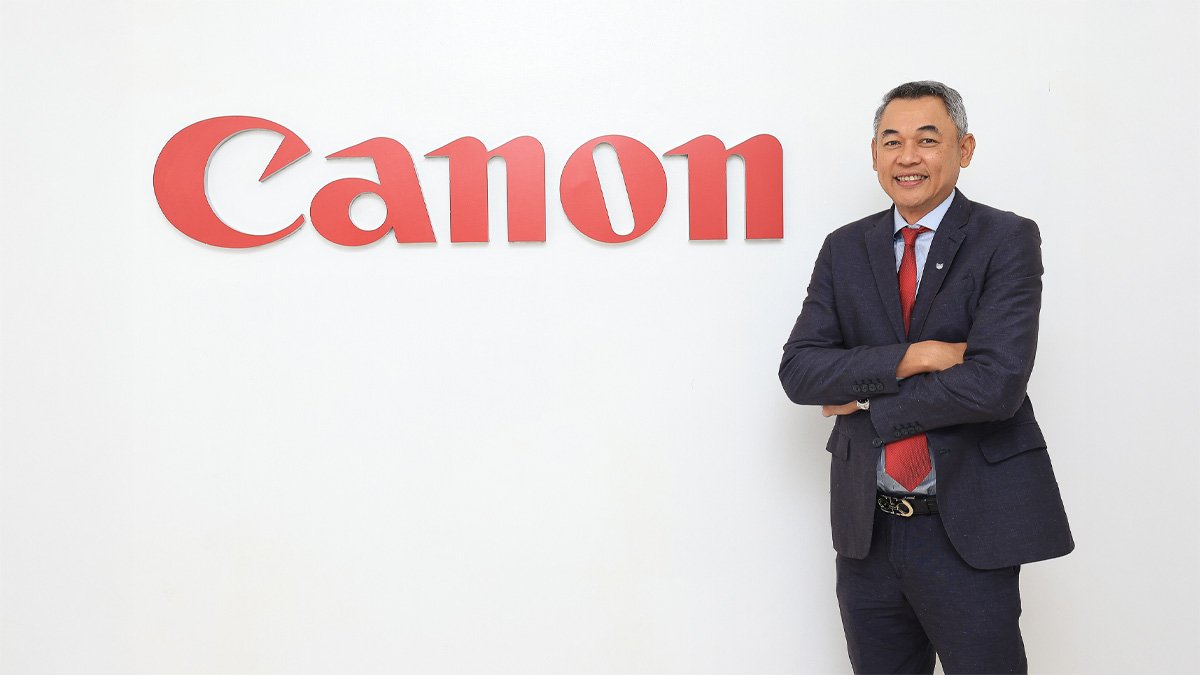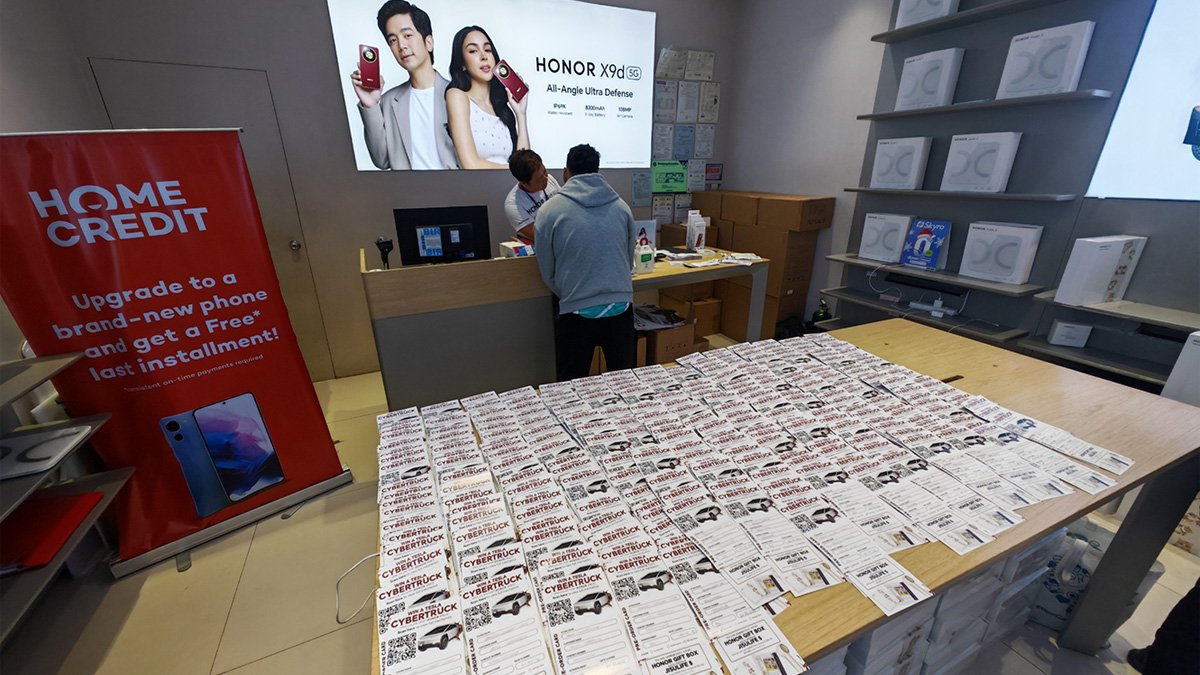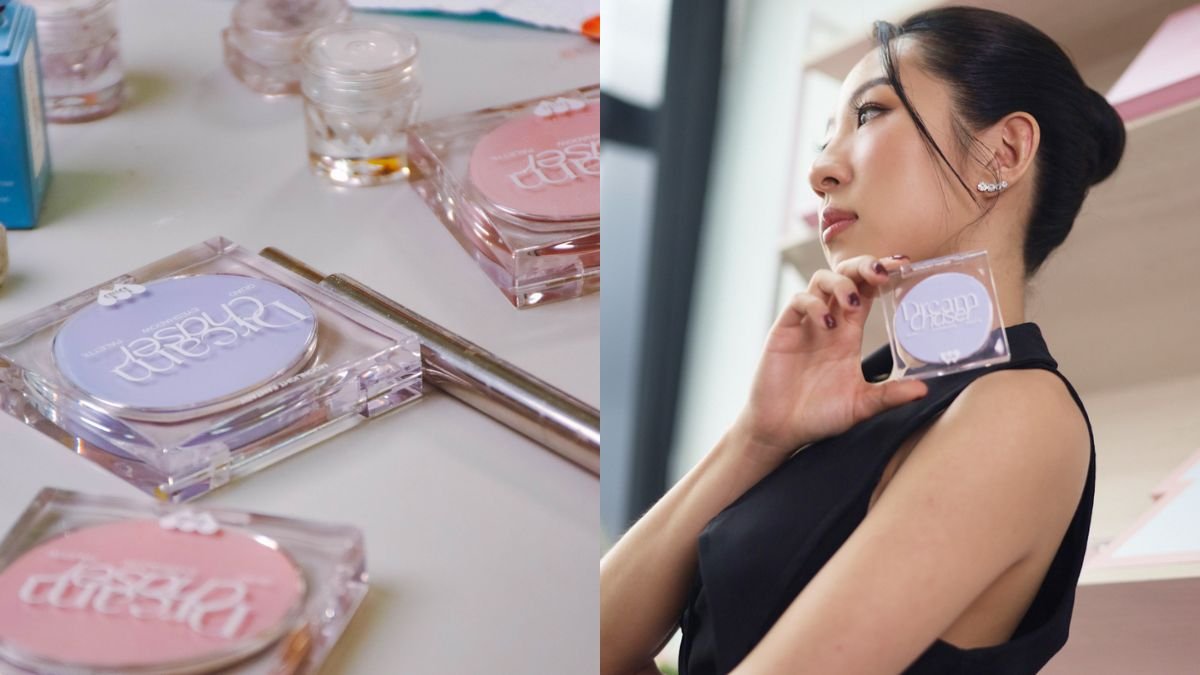What Does Gen Z Really Think About Contraceptives?

Contraceptives, also known as birth control methods are tools, medications, or procedures used to prevent pregnancy and protect against sexually transmitted infections.
The World Health Organization states that contraceptives help reduce teenage pregnancies, and are beneficial for older women in high-risk situations, as they lower the need for unsafe abortions and reduce the risk of HIV.
Due to cultural and religious beliefs in the Philippines, sex education has become taboo. For older generations, ‘sex’ was seen as sacred and private, but for this generation, it has opened eyes to the need for more responsibility in sexual health.
“Some people, especially the older generation, think that when we talk about contraceptives, we condone pre-marital sex, but in reality, it’s the opposite,” says Lando, 22, a Gen Z who uses a condom as birth control from Quezon City.
That’s why Gen Z opens up, breaks norms, embraces reality, and speaks up especially on topics others avoid. With the rise of social media platforms, this became their safe space to share informative posts and videos about sex education and birth control.
For Bry, 21, who also uses a condom from Quezon City, “They couldn’t understand that factors, maybe personal, economic, or regarding health, might affect their decisions on why they do not want to have one.”
Learning Outside the Classroom
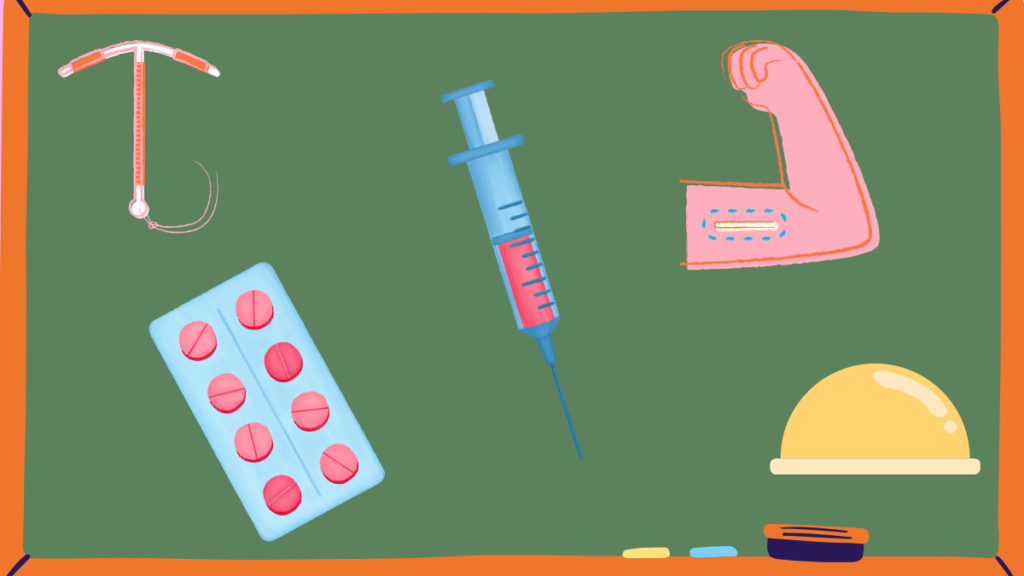
The Philippines has a Comprehensive Sex Education (CSE) integrated into basic education. Various U.N. agencies promote a curriculum-based process of teaching youth about cognitive, emotional, physical, and social aspects of sexuality, according to Context by Thomson Reuters Foundation Newsroom.
Hence, the Department of Education released a policy guidelines in 2018 stating that “an age-appropriate, culturally relevant program for teaching about sexuality and relationships by providing scientifically accurate, realistic, and nonjudgmental information.”
However, the depth and consistency of implementation vary across regions and schools. That’s why many young people turn to social media for information—often influenced by friends or taught by parents.
Same with Anne, 20, a college student who is being aware and taught by their parents about birth control says “My mother’s side has a history of ovarian diseases (ovarian cysts and cancer), and my parents practiced safe sex, leading my mom to use hormonal pills as contraceptives before. That’s why we learned about reproductive health, safe sex, and such early on in my life.”
Meanwhile, Ed, 21, a student who uses birth control from Bulacan states, “The first time I learned about these was on the internet. After seeing its advertisement, I conducted research to better understand its meaning.”
Gen Z’s Access to Contraceptives
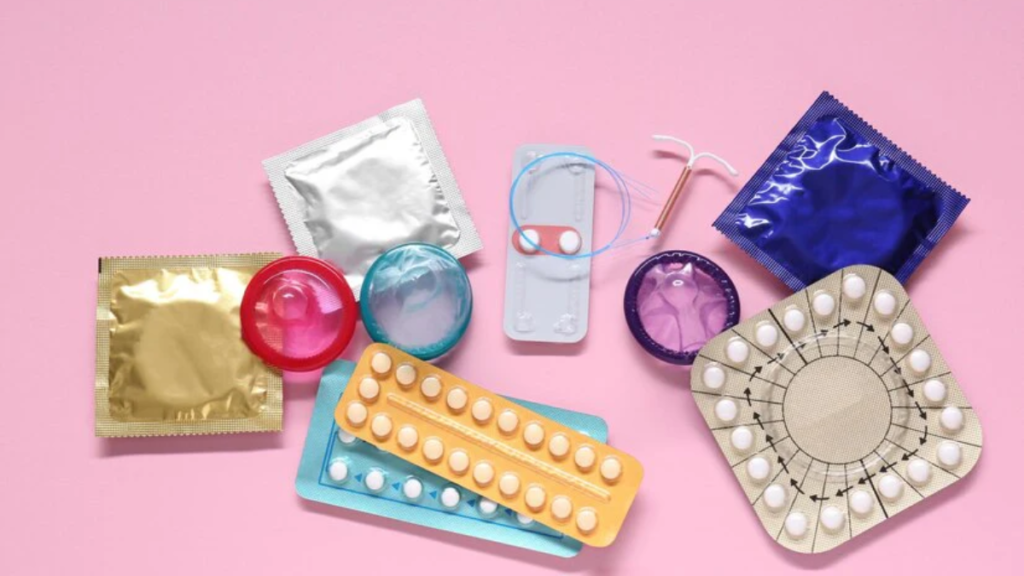
Photo from Bliss Natural
Gen Z has access to several options but prefers different methods based on their lifestyles, effectiveness, and side effects associated with them .
Each contraceptive has its own uses and benefits, such as preventing unplanned pregnancy, regulating menstrual cycles, balancing hormones, reducing menstrual pain and heavy bleeding, and protecting against STIs.
Meanwhile, you can find these contraceptives at your Barangay Health Centers and City Health Offices for free, as well as at drugstores and pharmacies, private clinics, and even through online shopping applications.
Most of them prefer implants, pills, injections, and condoms as contraceptive methods. These methods are more accessible at health centers, cheaper, available over-the-counter, and last longer than many other birth control options.
The Side Effects of Using Contraceptives for Women
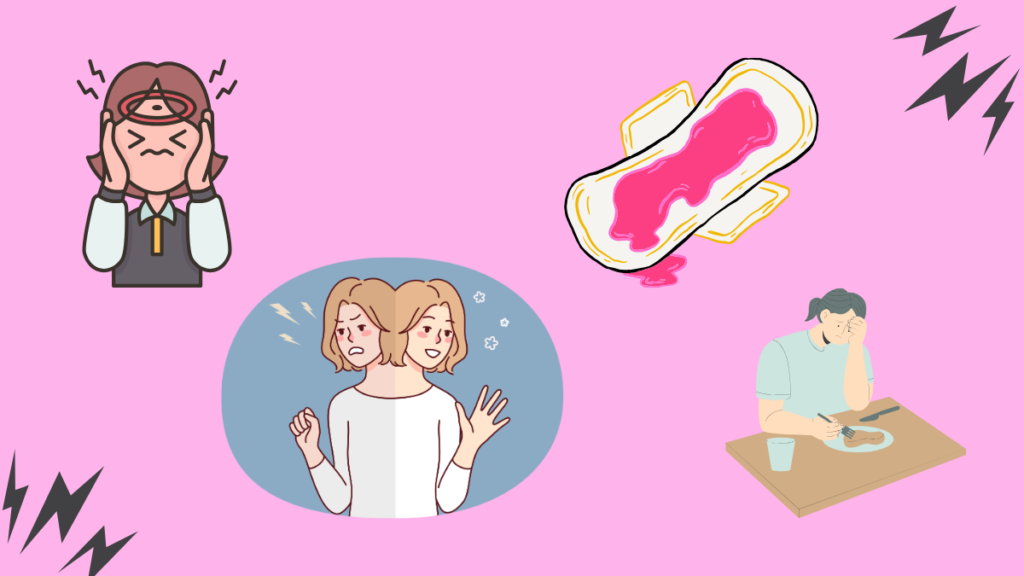
Aside from preventing unplanned pregnancy and STIs, contraceptives also have side effects that vary for each girl using them.
For Anne, who used to take pills and tried different brands, “For me, some brands (trust & lady) gave me headaches and worsened my mood swings. Other brands (althea & diane-35) had good side effects like clearer skin and a plumper body.”
Both trust and lady pills prevents pregnancy and regulating periods and they are available for purchase through pharmacies and online retailers; Althea Pills prevent pregnancy, treat hormonal acne, and manage polycystic ovary syndrome (PCOS), and some pharmacies require a prescription for them; lastly, Diane-35 treats severe acne and PCOS and functions as a contraceptive, but it is not intended solely for birth control, and most pharmacies require a prescription for it.
For April, 22, who grew up in a Christian family but opted to use a contraceptive implant, her journey wasn’t entirely smooth. She experienced noticeable mood swings, dealt with spotting, or light bleeding between periods, and struggled with loss of appetite.
The Prejudice
Due to cultural differences, generational gaps, stereotypes, and personal beliefs, people around you might judge you for using birth control at 18 or older, without understanding its real advantages.
From a girl’s perspective, it’s unusual to buy contraceptives or get implants at health centers. There’s a societal double standard: men face less criticism, while women are often shamed for taking control of their sexual health, especially younger or unmarried women.
Just like Gerie’s experience, 23, a journalism student who tried to buy a contraceptive at a young age says “It was for my mom. For pharmacists, it’s normal, but those who were buying at the same time looked at me, maybe because I looked much younger than them. Contraceptives are very normal, but when I buy them at the drugstore, it feels like a huge sin, especially if I’m a woman.”
The fact that the Philippines is over 80% Catholic also plays a role, as many religious groups actively campaign against contraceptive use. This aligns with their religious belief that premarital sex is immoral and a sin.
Just like April’s experience: “When I got the implant, I felt discriminated against by the nurses because I was 19 then. It seemed like they thought, ‘You’re still so young, and you’re getting that?'”
Men also experience judgment and social pressure .
Lando shares his social anxiety about buying contraceptives at the convenience store: “At first, I really felt fear and shame to the point that I had to wear a mask just so others wouldn’t recognize me. In the following times, I still wore a mask, but the fear was gone,” he said.



